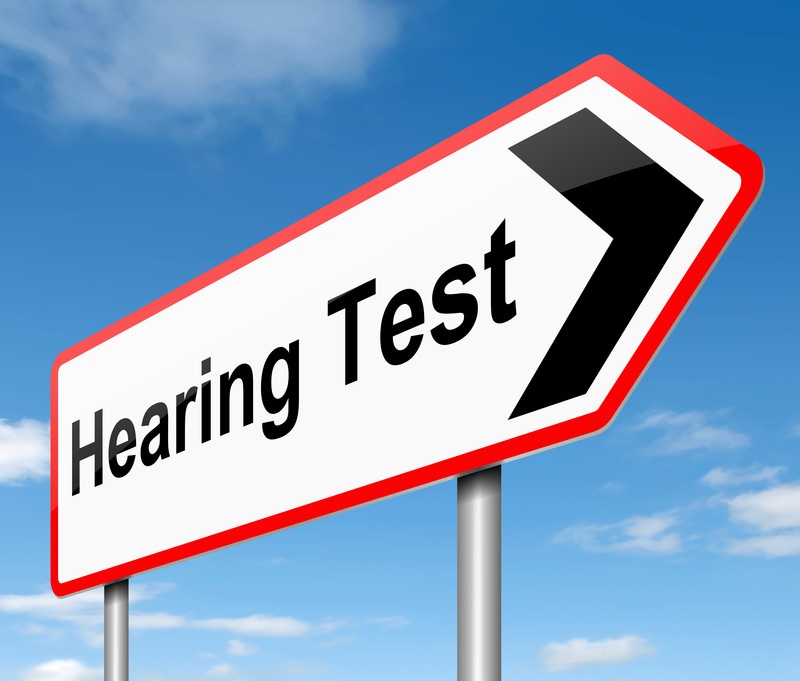
In the US, approximately 37.5 million adults have some degree of hearing loss. Yet according to the National Institutes of Health (NIH), merely 20 percent of those who could benefit from hearing aids actually use them. That means that millions of Americans who could improve their life with better hearing decide not to do so.
And that’s not all.
After being shown that they need hearing aids, people wait on average 5-7 years before even purchasing them—which is too bad, because for those that do decide to use hearing aids, the outcomes are overwhelmingly favorable.
Several studies have demonstrated that using hearing aids improves relationships, enhances general physical and mental health, and even boosts household income, as reported by the Better Hearing Institute.
Regretfully, 80 percent of those who could use hearing aids will never enjoy these benefits. And of those who will, it’s a shame that they have to wait such a long time.
The question is: if people are waiting 5-7 years before acquiring a hearing aid, what is finally convincing them to do so? And if we understood the reasons, would it prompt us to address our own hearing loss earlier?
With that in mind, we’ve compiled the most common “triggers” that have inspired our clients to finally arrange a hearing test.
Here are the top five:
1. Not being able to hear the grandkids
Here’s one we’ve heard more than a couple of times.
The thing about high-frequency hearing loss is that the sounds most challenging to hear are typically higher-pitched. That makes the female voice and the voices of children particularly hard to understand.
As a result, many people with hearing loss miss out on what their grandchildren are saying, or otherwise have to make them repeat themselves. Over time, the grandkids begin avoiding the grandparents, and this provides a powerful incentive to arrange a hearing test.
2. Strained relationships
Communication is the basis of any healthy relationship, which is the reason hearing loss is so frustrating for both individuals.
If you have hearing loss, you may think everyone else mumbles, but your partner probably thinks you speak too loudly or “selectively listen.” This creates tension, and before long, you find yourself in more arguments than normal.
Regretfully, many people wait until their spouse is at a breaking point of aggravation before arranging a hearing test. We’ve witnessed first hand that plenty of problems could have been averted if hearing loss were addressed earlier.
3. Feeling left out
How confident and interactive can you really be if you can’t fully grasp what others are saying?
Many individuals with hearing loss lose their confidence and sociability when it’s easier to avoid the situation than it is to struggle to hear and understand what’s being said. This leads many people down a path of isolation.
It’s this experience of isolation—and missing out on social activities—that inspire people to pick up the phone and book a hearing test. And there are very few activities that hearing loss doesn’t influence in a detrimental way.
4. Being unproductive at work
We’ve heard plenty of stories of people that reach their breaking point at work. Frequently they’re at a critical meeting and can’t hear their colleagues sitting across the table. They either have to interrupt the meeting to get people to speak louder or repeat themselves, or otherwise have to remain silent because they can’t follow along.
There’s a reason why using hearing aids is associated with higher household income in those with hearing loss. If you have better hearing, you’re simply more self-confident and effective at work.
5. Concern about overall health and well-being
Last but most certainly not least, people are becoming increasingly mindful of the health risks connected with hearing loss. While there are several conditions linked with diminished hearing, the most worrying relationship is that between hearing loss and dementia. According to Johns Hopkins University researchers, seniors with hearing loss are significantly more likely to develop dementia over time than those who maintain their hearing.
What’s your reason?
The bottom line is that many people wait too long to deal with their hearing loss, even though the majority of hearing aid users state that their lives have been enhanced with better hearing.
If you wear hearing aids, let us know the reason you made a decision to arrange your initial hearing test. Your response may end up helping someone in a similar position to attain the rewards of better hearing sooner rather than later.